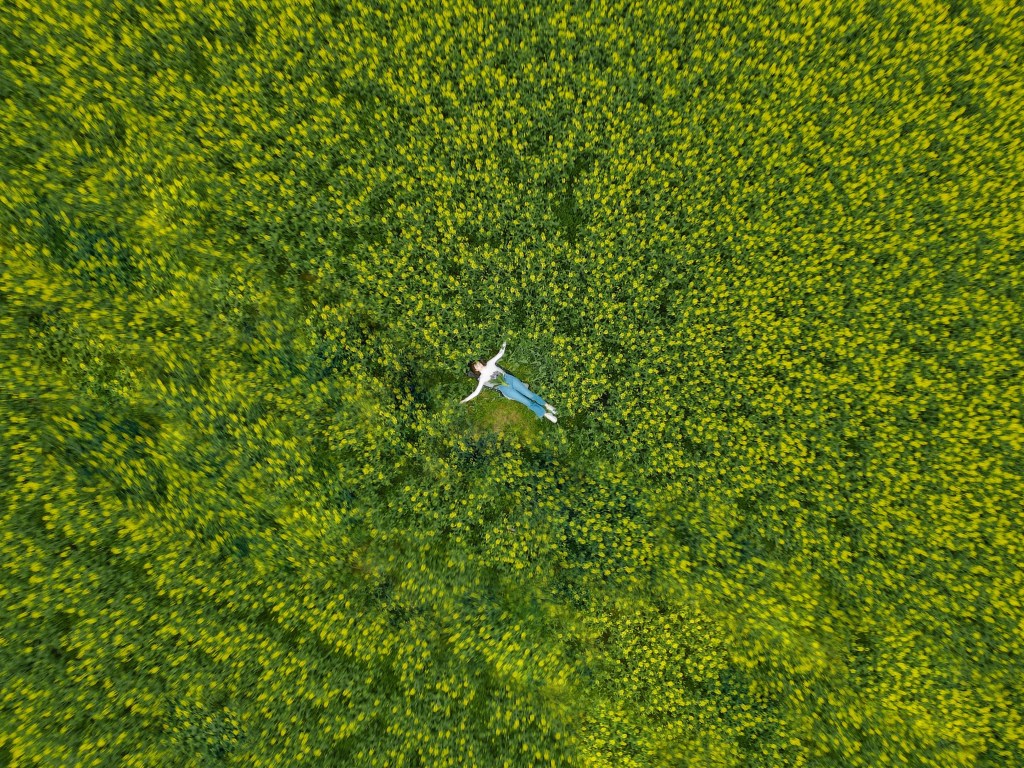Simplified sustainability rules – targeted changes and grace period proposed for EU Deforestation Regulation
The EU Commission introduced targeted solutions to support companies, global stakeholders, third countries and Member States to ensure smooth implementation of the EU Deforestation Regulation (EUDR). These include simplified obligations for smaller and downstream entities and phased-in enforcement for larger ones. What does this mean for companies in scope of EUDR?
Context
On 21 October 2025, the EU Commission introduced a legislative proposal that aims to amend the EUDR with the goal of simplifying compliance and ensuring smoother implementation. This proposal follows the informal letter, in September, to the EU Parliament and EU Council declaring the intention to postpone the application of the EUDR by one year, citing technical limitations of the EU’s dedicated IT platform.
This initiative is part of the wider sustainability simplification agenda pursued by the EU Commission, which includes several Omnibus initiatives, with an environmental one expected for mid next year.
EUDR in a nutshell
The EUDR, adopted in June 2023, and set up to apply from December 2025, aims to stop products linked to deforestation or forest degradation by imposing supply chain due diligence obligations on companies that import, make available, place in or export from the EU market selected products. The targeted products are those that “contain, have been fed with or have been made using” cattle, cocoa, coffee, oil palm, rubber, soya and wood or their derivatives. The due diligence rules apply to operators (including importers, manufacturers and exporters) and traders (including wholesalers, retailers and distributors).
Operators and traders must implement specific due diligence procedures to ensure that products are deforestation-free (not originated from land deforested or degraded after 31 December 2020), comply with the relevant legislation of the country of production and are covered by a due diligence statement (DDS).
In practice, this means that companies need to implement systems that enable them to geolocate production plots, gather supplier details, commodity type, quantity, and production date, and assess the risk of non-compliance by considering factors such as country risk, sourcing practices, and historical land use. Where risks are identified, companies are required to put in place mitigation measures. Before placing products on the EU market, they must submit a DDS through the EU’s IT system.
With regard to enforcement, EUDR introduces corrective measures and a sanctioning regime that includes fines of up to 4% of the company’s EU turnover, confiscation of products and profits, suspension of trade, seizure of goods, and public disclosure of infringements.
Key proposed changes
The EU Commission’s proposal introduces several substantive changes to the EUDR framework, focusing on simplification, proportionality, and IT system efficiency.
- The proposal includes transitional application and enforcement periods. The Regulation would still apply to large and medium-sized companies from 30 December 2025, but enforcement would be deferred until 30 June 2026. For micro and small enterprises, the application date would be postponed to 30 December 2026.
- Downstream operators[1] and traders[2] would be exempt from submitting a DDS, although they would still be required to register in the IT system and retain supply chain data, including reference numbers and declaration identifiers.
- Micro and small primary operators established in low-risk countries would be able to submit a one-time simplified declaration in the IT system instead of a recurring DDS. Where relevant data is already available in national databases, no action would be required.
Next steps
The EU Parliament and EU Council will now begin discussions on the EU Commission’s proposal. The targeted amendment to the EU Deforestation Regulation must be adopted by both institutions before it can enter into force. The EU Commission urges the EU Parliament and the EU Council to adopt the proposed extension of the implementation period without delay, ideally by the end of 2025.
Under the new proposal, the Commission shall no longer present an impact assessment on EUDR by 30 June 2025, while retaining the broader duty to review the Regulation’s effectiveness — with the first review postponed to 30 June 2030 and recurring at least every five years thereafter.
In Luxembourg, the Ministère de l’Environnement, du Climat et de la Biodiversité has competence over deforestation for the purposes of EUDR.
1. Proposed Article 2(15b): ‘downstream operator’ means any natural or legal person who, in the course of a commercial activity, places on the market or exports relevant products made using relevant products, all of which are covered by a due diligence statement or by a simplified declaration.
2. Proposed Article 2(17): (17) ‘trader’ means any person in the supply chain other than the operator or downstream operator who, in the course of a commercial activity, makes relevant products available on the market.
Authors: Dino Serafini & Sara Garcia

How we can help
Our ESG & Sustainability experts are ready to guide your organisation through the EUDR due diligence process and other compliance requirements. To schedule a tailored briefing, internal workshop or impact assessment, contact us at esg@arendt.com.
Read the full text in the link.





